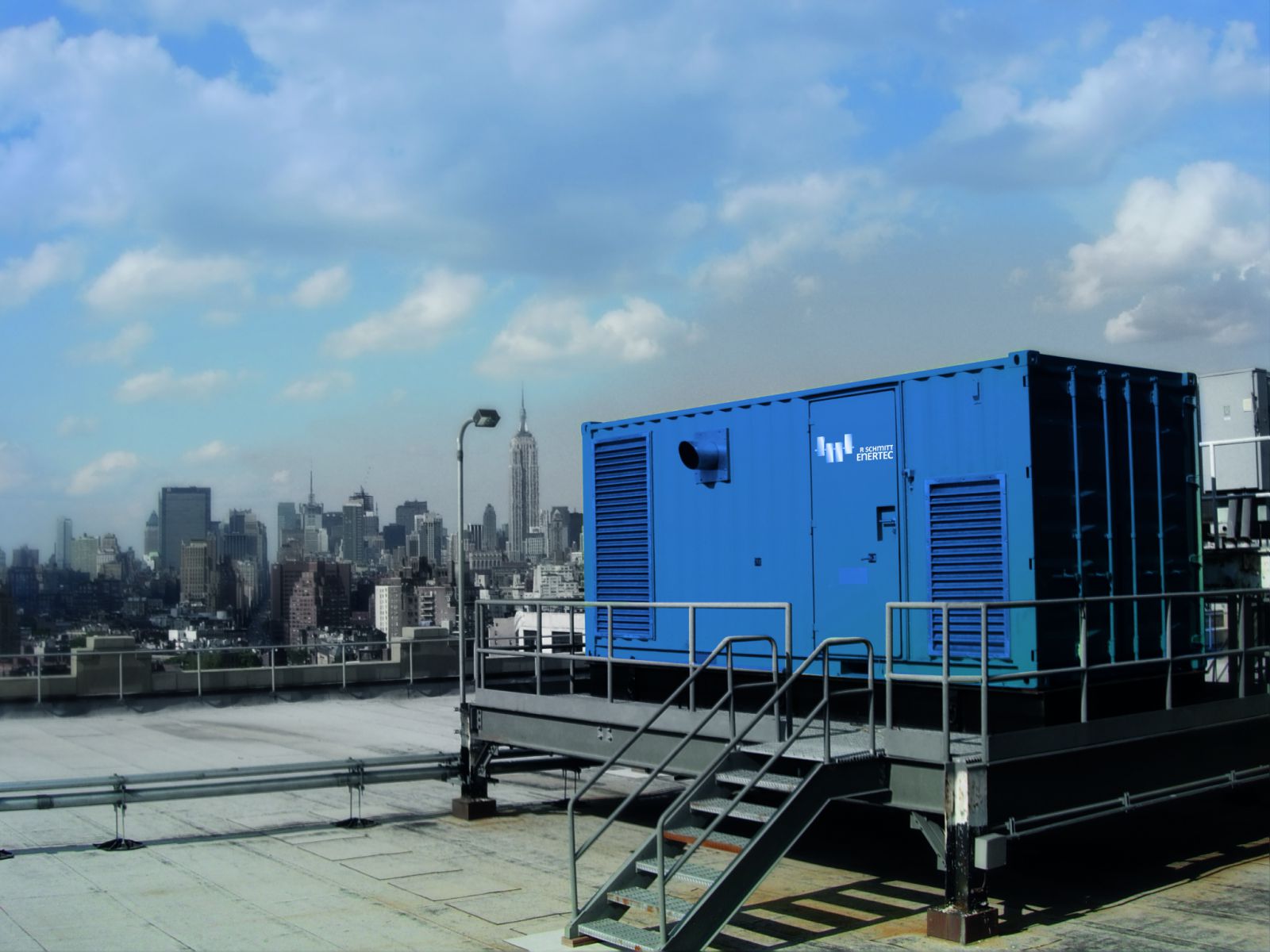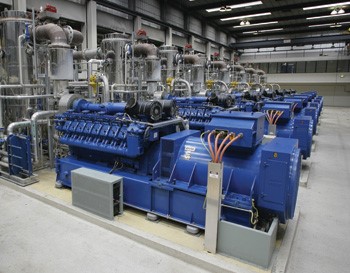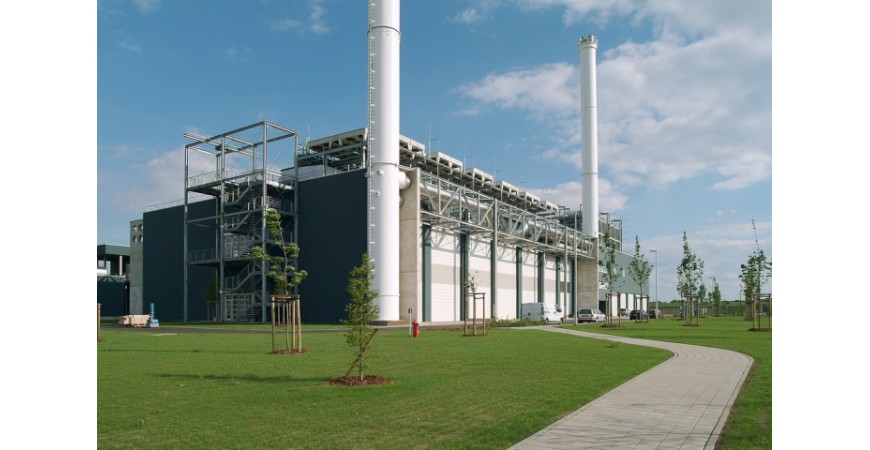Cogeneration is a viable and efficient solution for the use of electricity and heat energy in industrial, business and public sectors.
Possible application sectors are as follows:
- Industrial subjects (factories, processing companies, etc.).
- Hospitals, sanatoriums, wellness complexes (SPA)
- Hotels, shopping centres, entertainment complexes
- Universities, educational institutions
- Heat networks
Installation of low-power cogeneration power-plants contributes to the increase ofthe reliability of energy supply, reduction ofelectricity and heat price compared with the price of electricity purchased from the power grid, and the heat purchased from district heating network. The investments in the energy supply and distribution systems are decreased, efficiency of energy productionis increased and pollutant emissions are reduced.
One of the most promising sectors where cogeneration power-plants can be installed includesbig hotels and SPA/entertainment complexes. These objects usually consume electric energy themselves, and they need heat all year round: for heating of premises, preparation of hot water, heating of pools and laundries. In this sector, it is also appropriate to install tri-generation plants with absorption heat pumps for space conditioning.
Cogeneration power-plants can be used in sanatoriums and hospitals not only as a cheaper energy supplier, but also as a reserve power supplier. Cogeneration power-plants are usually installed in big and medium-sized hospitals and sanatoriums. When installing cogeneration power-plants, it is sometimes necessary to install accumulation tanks due to the inconstant hot water demand.

Cogeneration - tri-generation facilities of EU states are installed in shopping centres, commercial office buildings.
For constant electricity and heat costs the industry isviable and one of the main sectors where installation of cogeneration power plants is effective. Minimum payback period of the investment in cogeneration power-plant for the companies where continuous production of electricity and heat demand takes place is equalto a day period.
Food, beverage and chemical industries use a lot of water. The wastewatergenerated during the production is collected for recycling. Anaerobic digestion of this industrial wastewater results in production of industrial biogas consisting of different content of methane and CO2. Cumulativegas rich in methane can be used for feeding gas engine generators as fuel, which would help to produce electricity and thermal energy.

In food industry, it is possible to produce renewable energy by means of utilization of own production waste. Thus, industrial companies can significantly reduce production costs, pollute the environment less and can protect own business from constantly rising energy prices.
The amount of produced industrial gas directly depends on the freshness of raw materials for the anaerobic digestion: the fresher the raw material, the more gas can be extracted from it. Sour raw material destroys bacteria necessary for the anaerobic digestion. Ideally, the PH level of wastewater during the anaerobic digestion must be equal to 6.8 - 8.
Such systems also reduce the amount of pathogenic microorganisms and bacteria, but, unfortunately, do not destroy all of them in the raw material. Full removal of pathogenic microorganisms and bacteria from the raw materials is ensured only by additional thermal treatment.


